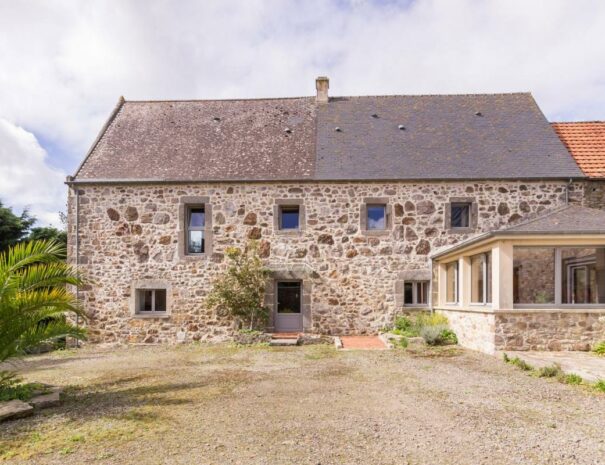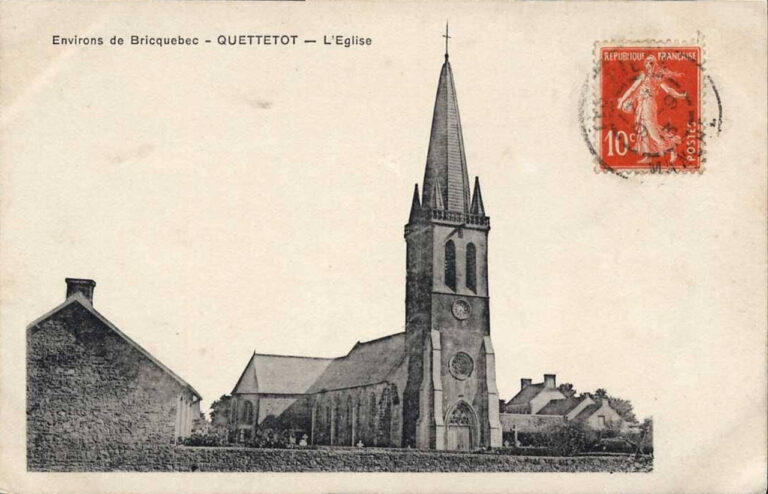When visiting Normandy, especially Cotentin, you’re unknowingly walking in the footsteps of the Vikings. In the Cotentin region, many village names still bear traces of these northern settlers.
One example is La Becterie, the peaceful hamlet where you are staying. This name is made up of two parts:
“bec”, from the Old Norse bekkr, meaning “stream”, and
“‑erie”, an Old French suffix used to describe a place or estate.
Together, La Becterie likely means “the place by the stream” — a fitting name, given the surrounding landscape still crisscrossed by small watercourses.

Further up the hill, the village of Quettetot also reveals its Scandinavian roots.
The suffix ‑tot, very common in Normandy, comes from the Old Norse toft, meaning “farm” or “homestead”.
The first part, Quette‑, probably derives from a Norse personal name, such as Ketill or Ketillr.
So Quettetot would mean “Ketill’s farm”, named after a Viking settler whose legacy lives on in the village name. Still walkingin the footsteps of the Vikings

Nearby Bricquebec is a beautiful example of two Norse words combined:
“brique” (from brekka), meaning “hill” or “slope”, and
“bec” (bekkr), meaning “stream”.
The name Bricquebec can thus be translated as “stream of the hill”. These names tell a simple yet powerful story: one of explorers, farmers, and Viking families who settled here and named the land around them. Today, these words quietly connect the Norman landscape to its deep Viking heritage.
Common Prefixes and Suffixes in Norman Place Names
| Element | Origin (Language) | Meaning | Examples |
|---|---|---|---|
| bec | Old Norse (bekkr) | Stream, small river | Bricquebec, La Becterie |
| tot | Old Norse (toft) | Farm, rural property | Quettetot, Yvetot |
| brique | Old Norse (brekka) | Hill, slope | Bricquebec |
| -erie | Old French | Domain, estate | La Becterie, Laiterie |
| -ville | Latin (villa) | Rural farm, estate | Granville, Deauville |
| -mont | Latin (mons) | Hill, mountain | Beaumont, Clermont |

